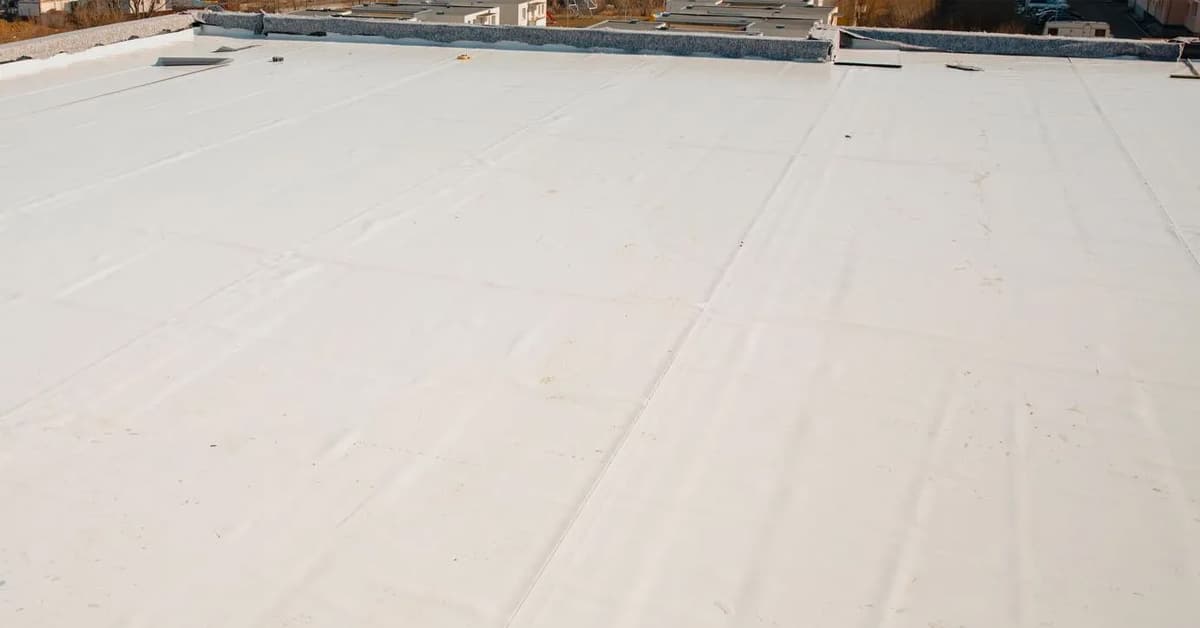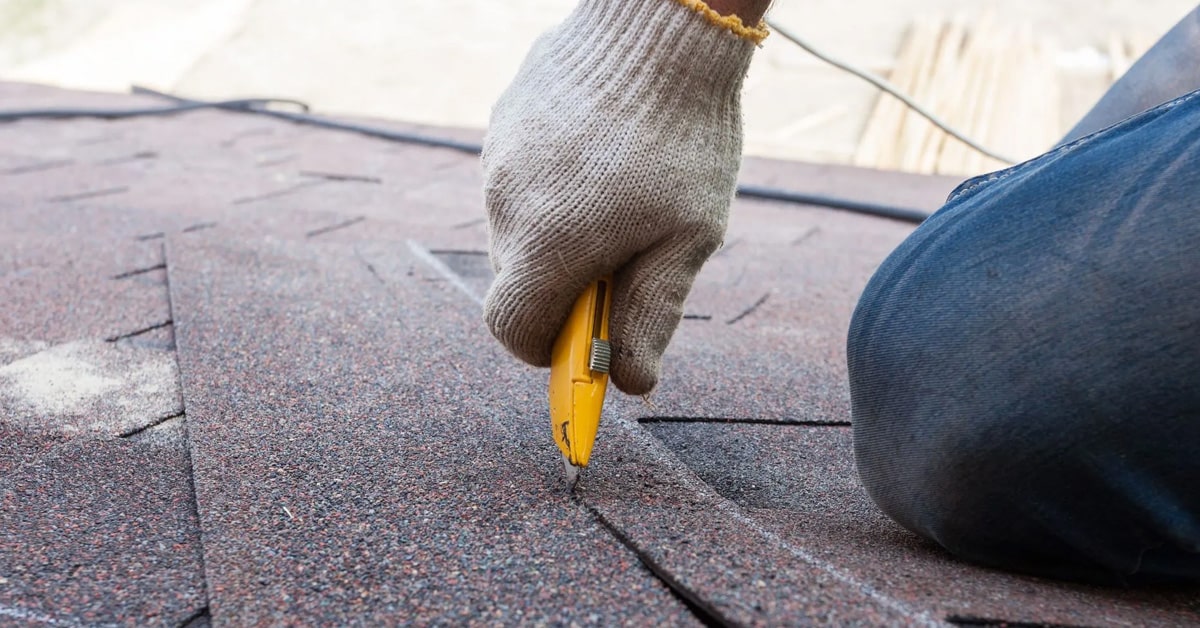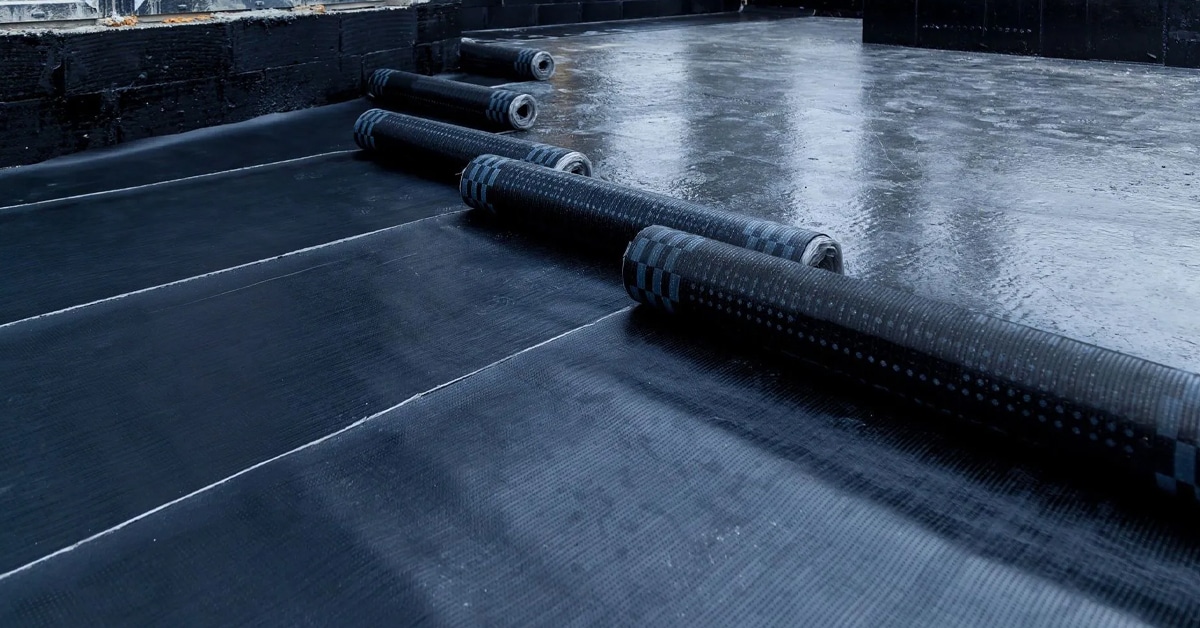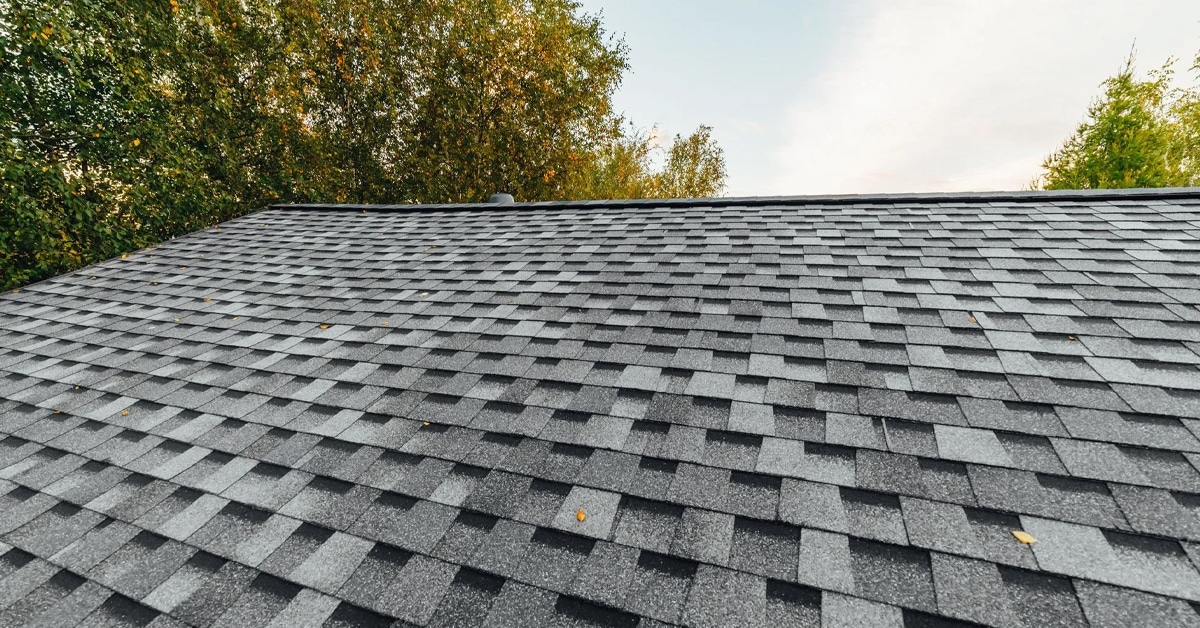When it comes to protecting your home, few things are as crucial as the roof…

The Appeal of Flat Roofs: Materials and Advantages
When it comes to choosing the perfect roof for your home or commercial building, the debate between flat roofs and pitched roofs often arises. While pitched roofs have long been the traditional choice, flat roofs are gaining popularity for their unique features and modern aesthetics. In this article, we’ll explore the materials commonly used in flat roofing systems and delve into the advantages of opting for a flat roof over a pitched one.
Flat Roof Materials: Seamless Protection
Flat roofs rely on specialized roofing membrane materials to create a seamless and watertight surface. One popular option is Built-Up Roofing (BUR), consisting of layers of bitumen and reinforcing fabrics for durability. Modified Bitumen (Mod-Bit) offers added flexibility and strength with polymer modifiers. For synthetic options, Ethylene Propylene Diene Monomer (EPDM) provides excellent weather resistance, while Thermoplastic Polyolefin (TPO) and Polyvinyl Chloride (PVC) are energy-efficient single-ply membranes. Each material brings unique benefits, such as UV stability, chemical resistance, and ease of installation, catering to specific needs and preferences.
The Advantages of Flat Roofs:
- Cost-Effectiveness: Flat roofs often require fewer materials and are quicker to install than pitched roofs, resulting in cost savings during construction.
- Maximized Interior Space: The absence of sloping ceilings in flat-roofed buildings allows for efficient use of interior space, making it ideal for commercial properties and modern architectural designs.
- Accessibility: Flat roofs provide easy access for maintenance, repairs, and the installation of additional features like rooftop gardens, solar panels, or HVAC equipment.
- Energy Efficiency: Flat roofs can be equipped with reflective coatings or energy-efficient membranes, reducing heat absorption and cooling costs in warm climates.
- Aesthetic Appeal: Flat roofs offer a sleek, contemporary look that complements modern architecture and adds a touch of sophistication to any building.
- Versatility: Flat roofs can accommodate various design elements, such as rooftop terraces, green roofs, or outdoor living spaces, enhancing the overall functionality and value of the property.
- Weather Resistance: Properly installed and maintained flat roofs can withstand extreme weather conditions, including heavy rain and snow, with effective drainage systems ensuring water does not accumulate.
- Eco-Friendly Options: Many flat roof materials are recyclable, contributing to sustainable building practices and reducing environmental impact.
While pitched roofs have their charm and suit specific architectural styles, the advantages of flat roofs make them an attractive choice for modern structures and commercial buildings. The wide range of materials available allows homeowners and property owners to select the ideal flat roof solution tailored to their needs and climate requirements. Consulting with a reputable roofing contractor can help determine the best material and design for a flat roof that not only complements the building’s aesthetics but also provides lasting protection and energy efficiency. Embrace the appeal of flat roofs and elevate your property with a roofing choice that combines functionality, style, and sustainability.
Don’t wait! Contact us today for a free consultation and let our experienced team create a flat roofing solution that exceeds your expectations and stands as a testament to our commitment to excellence. Elevate your property with Century Roofing, your trusted partner in flat roofing solutions.


